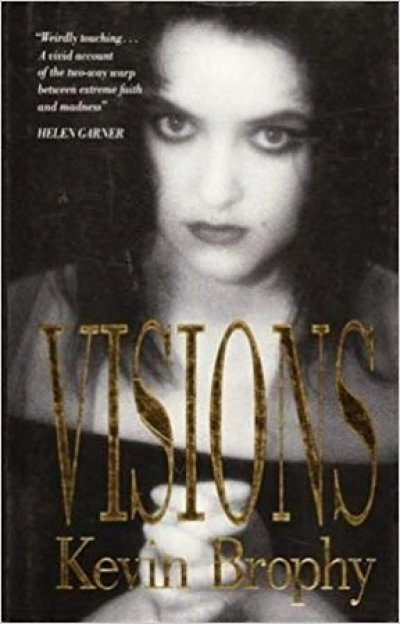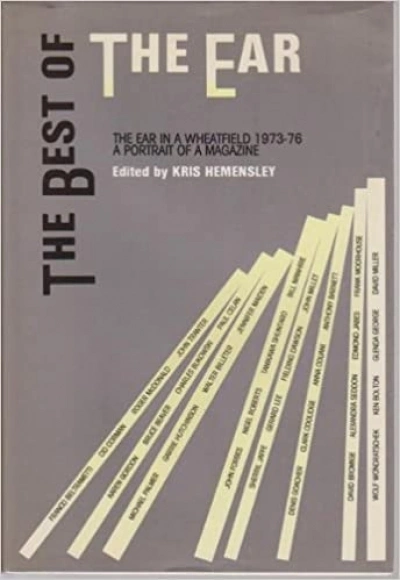Kris Hemensley
Flight Animals by Bronwyn Lea & Sensual Horizon by Martin Langford
by Kris Hemensley •
It is strangely affecting to see people’s lips moving as they sit silently reading to themselves. Apparently, when we read we can’t help but imagine speaking. Even silent reading has its life in the body: seeing words, the part of our brain that governs speech starts working. When we read poetry silently to ourselves, is it our own voice or the poet’s voice that we hear?
... (read more)The Ear in the Wheatfield: A Portrait of a Magazine edited by Kris Hemensley
by John McLaren •



